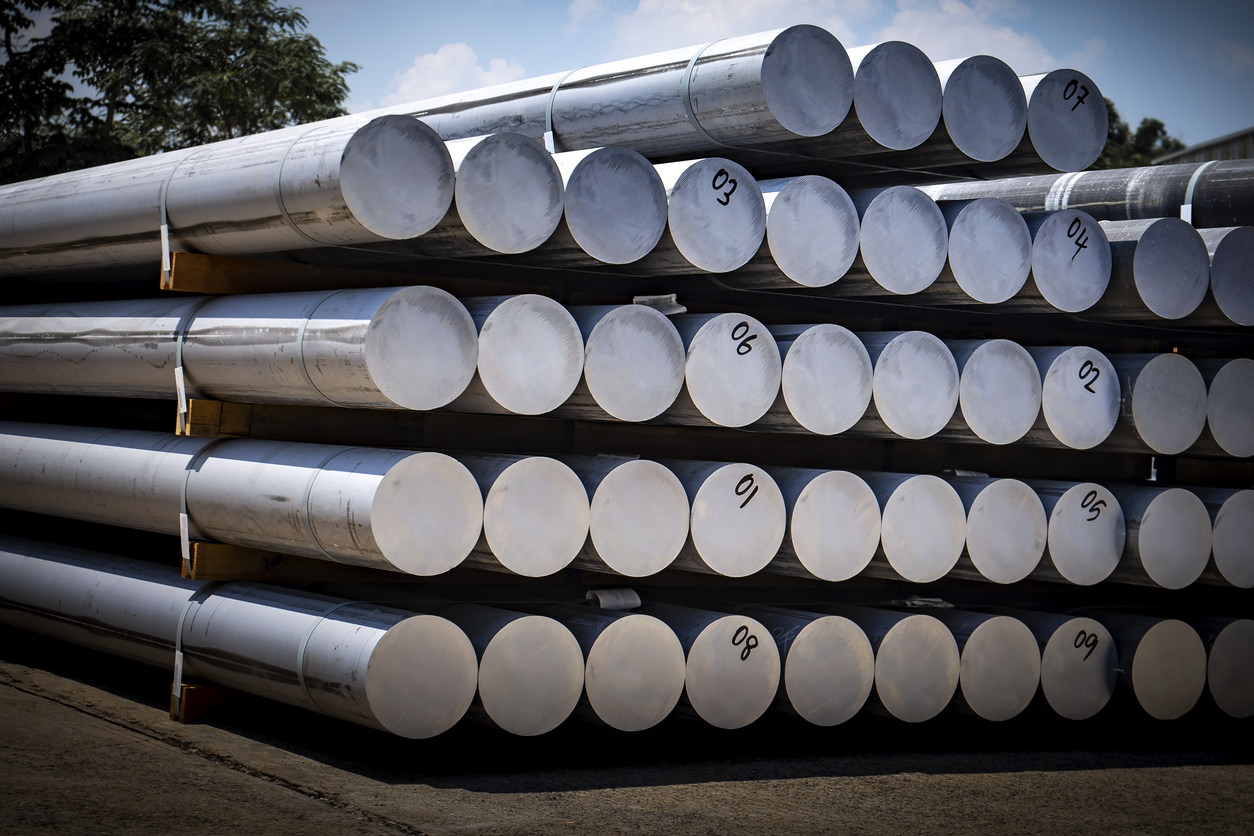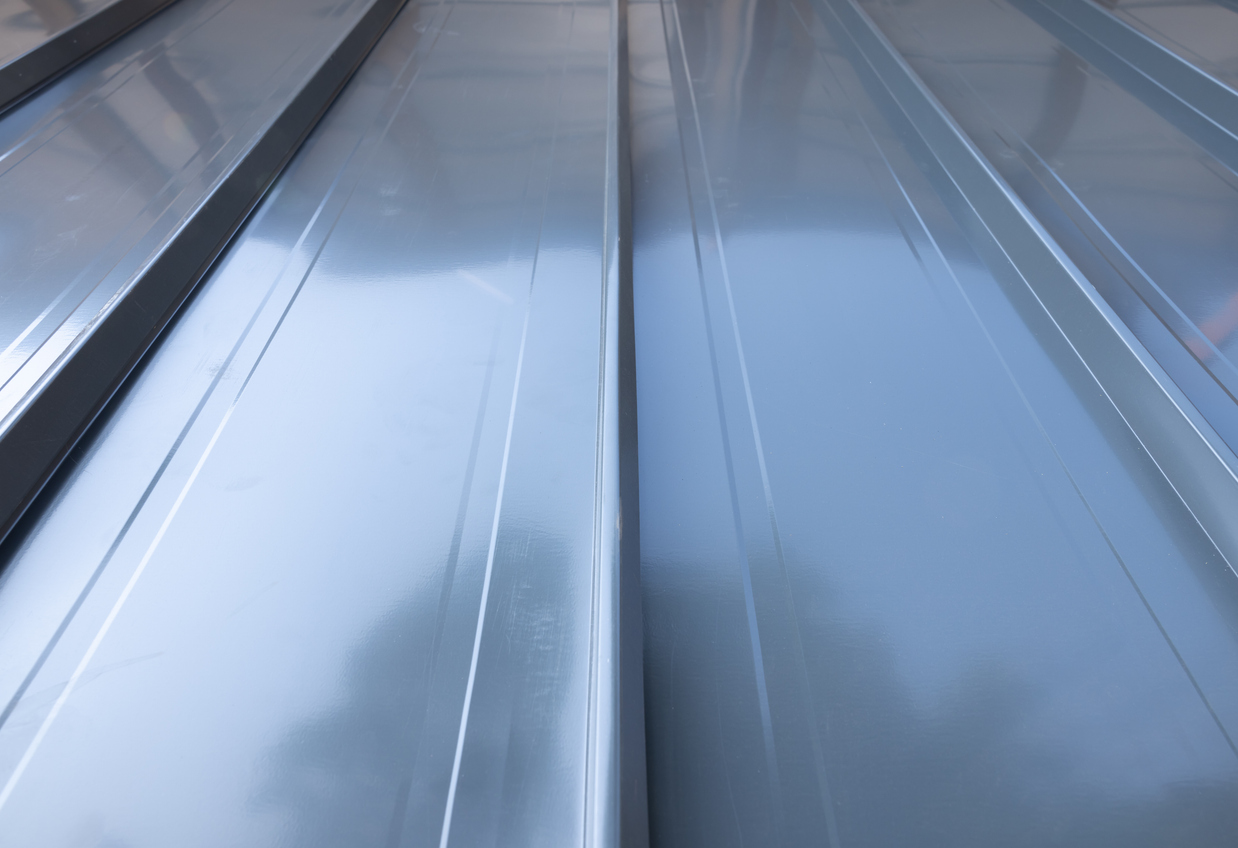How to Export Surveying Equipment from Nigeria?
How to Export Surveying Equipment from Nigeria?
If you are a business looking to export surveying equipment from Nigeria, then you will need to know how to comply with all of Nigeria’s customs and legal requirements.
You will also need to know what the risks of exporting surveying equipment from Nigeria are and how to protect against them. This guide will teach you everything you need to know about exporting surveying equipment from Nigeria and doing so legally and safely.
The Risks of Exporting Surveying Equipment from Nigeria
It is very important to know the risks of exporting surveying equipment from Nigeria and how to protect against them.
The first risk is that your cargo could be stolen or damaged while it is in transit. This risk can be mitigated by shipping your goods with a reliable and reputable shipping company and by making sure that the shipping company insures the goods for the full value.
The second risk is that your cargo could be seized by customs. This risk can be mitigated by shipping your goods directly from your factory to the port of departure and by using a shipping company that has good relations with Nigerian Customs.
The third risk is that your cargo could be delayed, such as if there is a port shutdown or a strike. This risk can be mitigated by shipping your goods with a reputable and reliable shipping company and by making sure that the shipping company insures the goods for the full value.
The Legal Requirements for Exporting Surveying Equipment from Nigeria
Nigeria has strict laws and regulations that all exporters must be aware of.
You must comply with these regulations no matter how small your export is. Failure to comply with these regulations could place your company and employees at risk of penalties and fines, and your company could be blacklisted, with your export opportunities severely limited.
Nigeria has two types of importation: free and restricted. Restricted imports require a permit from the Nigerian Bureau of Statistics (NBS).
Nigeria uses a risk-based approach to classify imports as high, medium, or low risk.
High-risk imports will require a permit from the Nigerian Bureau of Statistics (NBS) and will also be screened by the Nigerian Customs Service (NCS) for counterfeit goods.
Low-risk imports can be imported by any importer and do not require a permit from the Nigerian Bureau of Statistics (NBS).
Medium-risk imports require a permit from the Nigeria Bureau of Statistics (NBS) but do not require screening by the Nigerian Customs Service (NCS).
How to Comply with the Legal Requirements for Exporting Surveying Equipment from Nigeria
Nigeria has strict laws surrounding the export of surveying equipment. If you want to export surveying equipment from Nigeria, you will need to comply with these laws. To export surveying equipment from Nigeria, you will need the following:
Nigerian CITES export permit
Nigerian export license
Nigerian import license
Customs import permit
Certificate of Origin
Nigerian manufacturing license
Nigerian exporter’s certificate
What to Expect When Preparing Your Survey Equipment for Export
Nigeria offers a variety of different types of surveying equipment. The variety of surveying equipment in Nigeria ranges from inexpensive to very expensive. But no matter the type of surveying equipment you are looking to export, you will have to go through the same process to prepare it for export.
First, you will need to check the serial number on your surveying equipment. If you are exporting surveying equipment that has a counterfeit serial number, it will be confiscated by Nigeria Customs.
You will then need to take it to customs for an import permit. Nigeria Customs will then issue you an export permit. You will need to take your authorized export permit with your surveying equipment to the Nigerian National Bureau of Standards (NNBS) for an inspection.
Once your surveying equipment has passed inspection at the Nigerian National Bureau of Standards (NNBS), you are ready to export your surveying equipment from Nigeria. You will need to take your surveying equipment through customs, pay the necessary taxes, and be ready for export.
Conclusion
In this guide, we have covered what you need to know about exporting surveying equipment from Nigeria. You can now export surveying equipment from Nigeria legally and safely.








LEAVE A COMMENT
You must be logged in to post a comment.